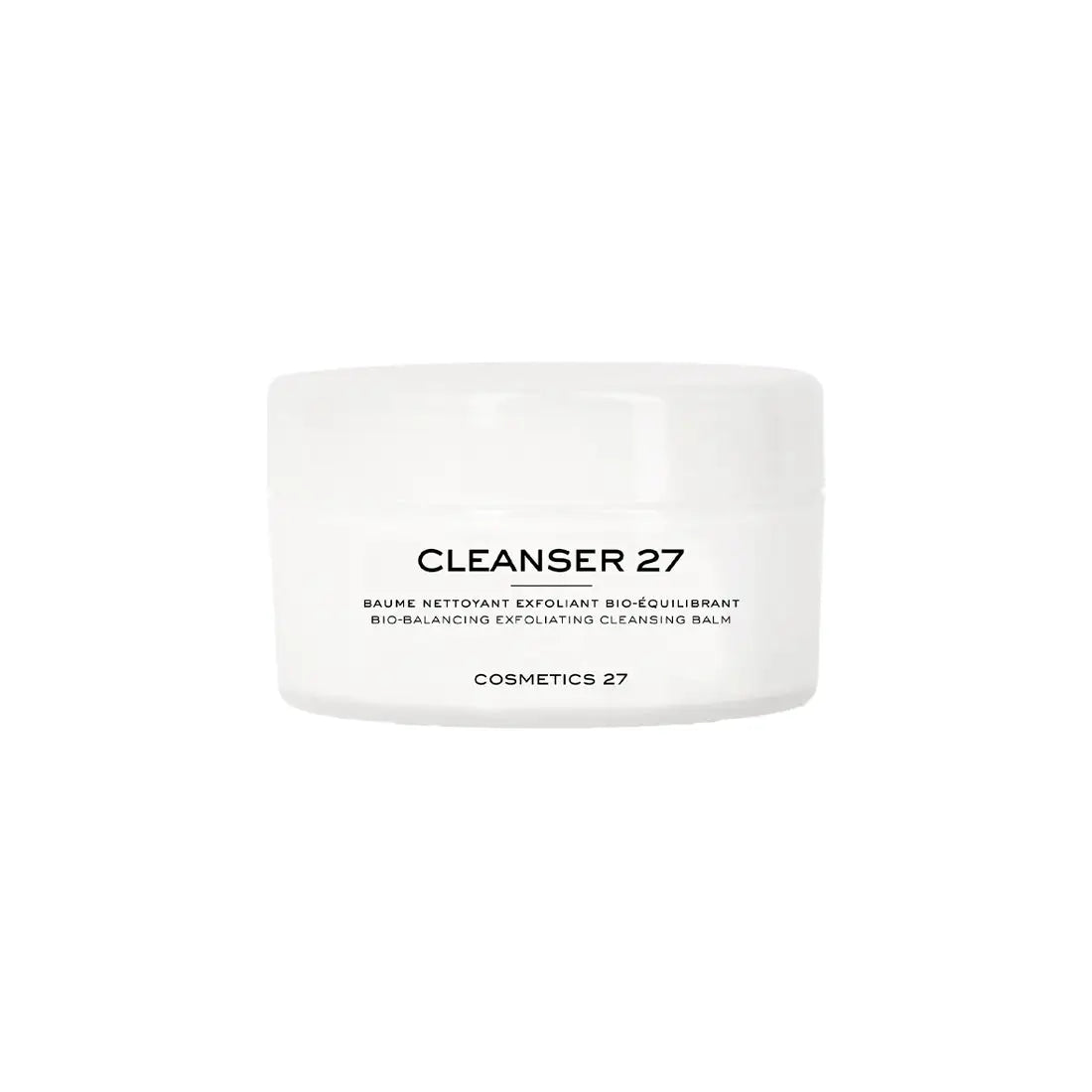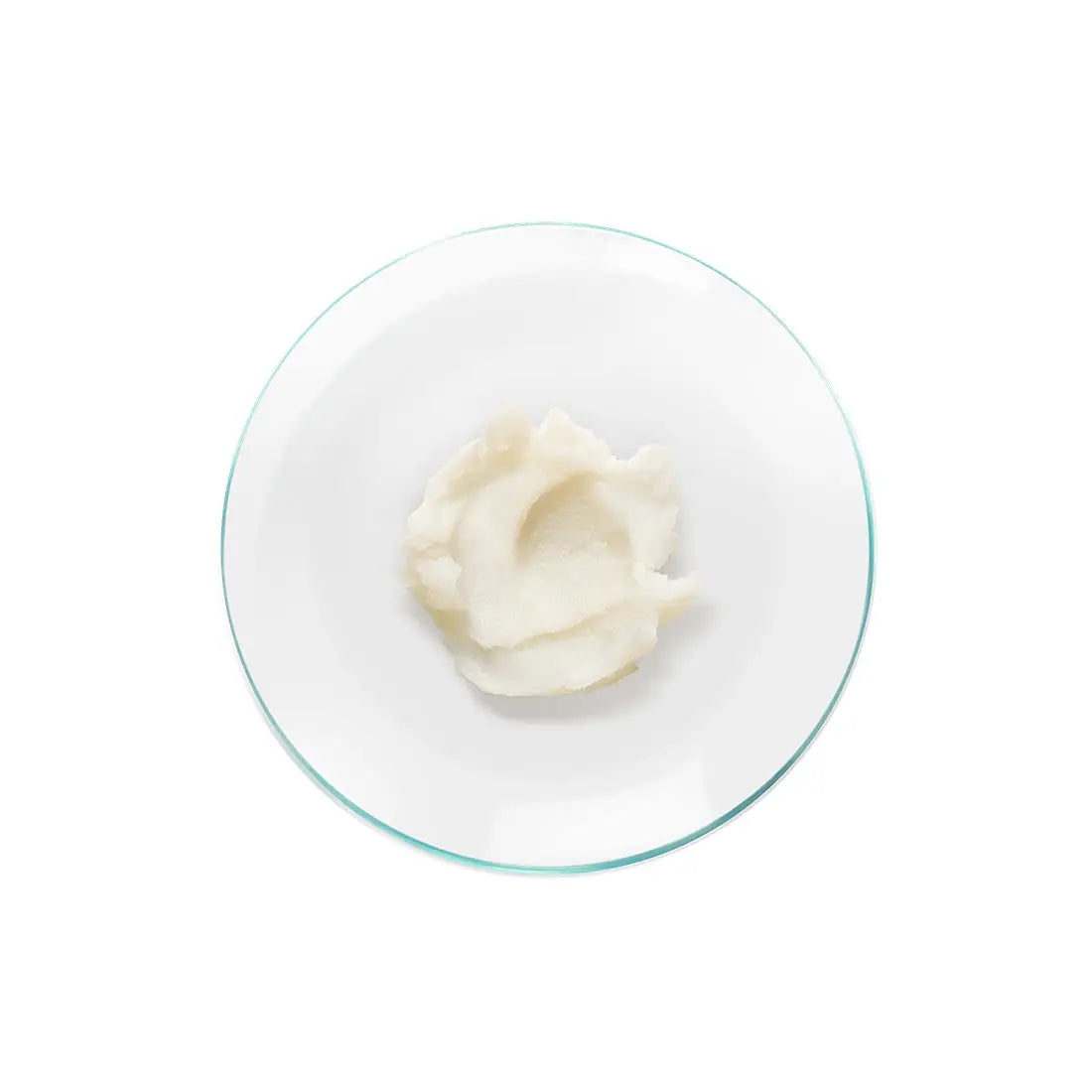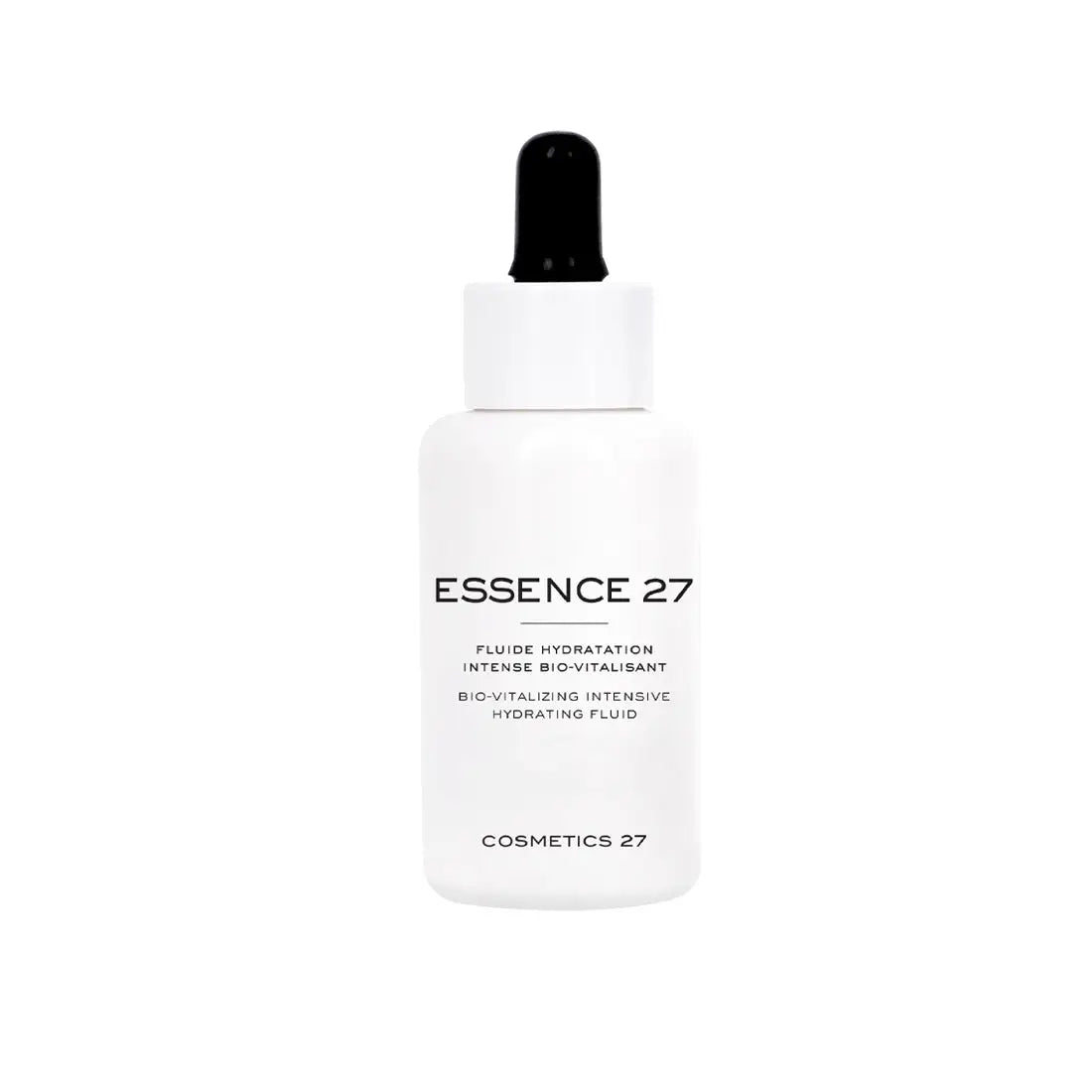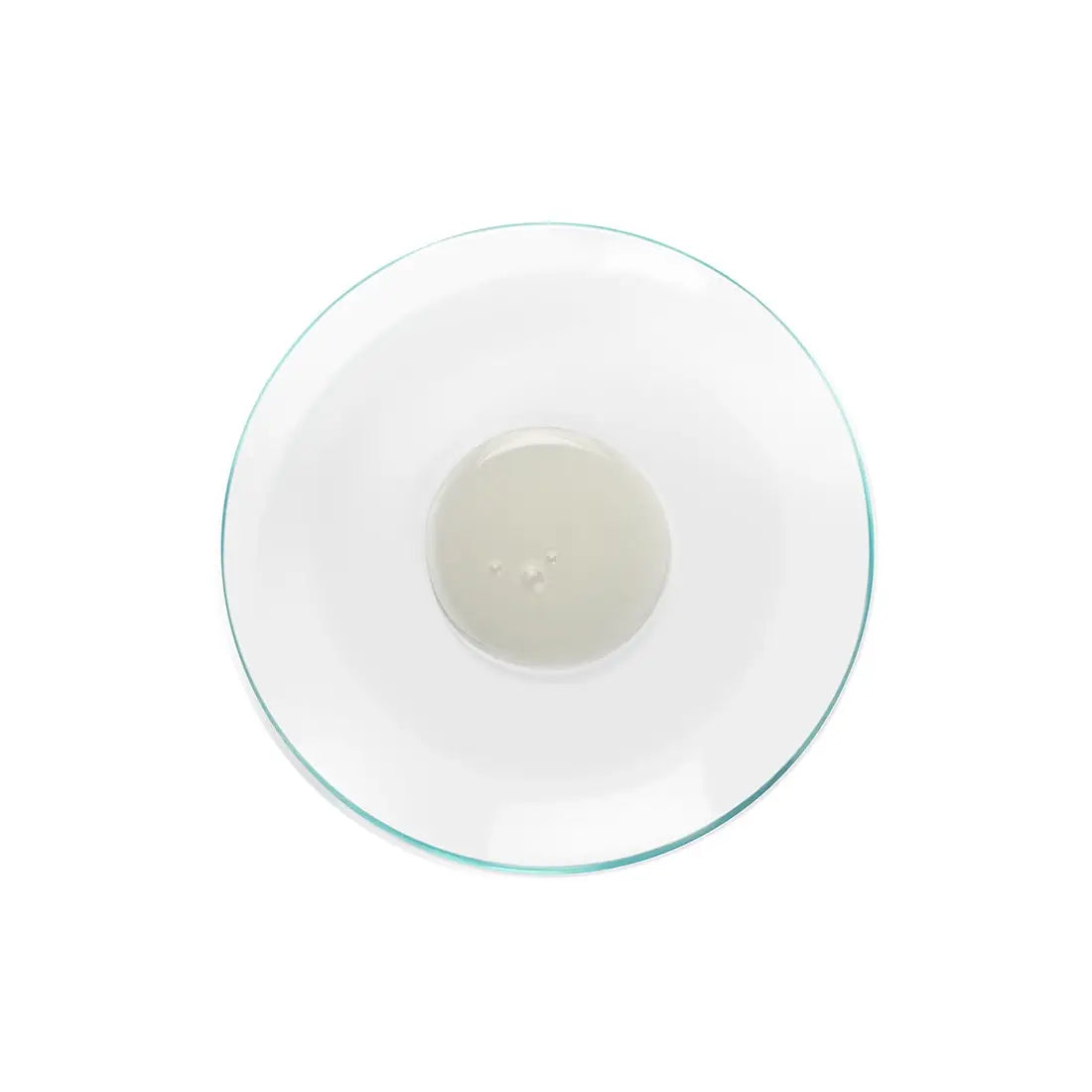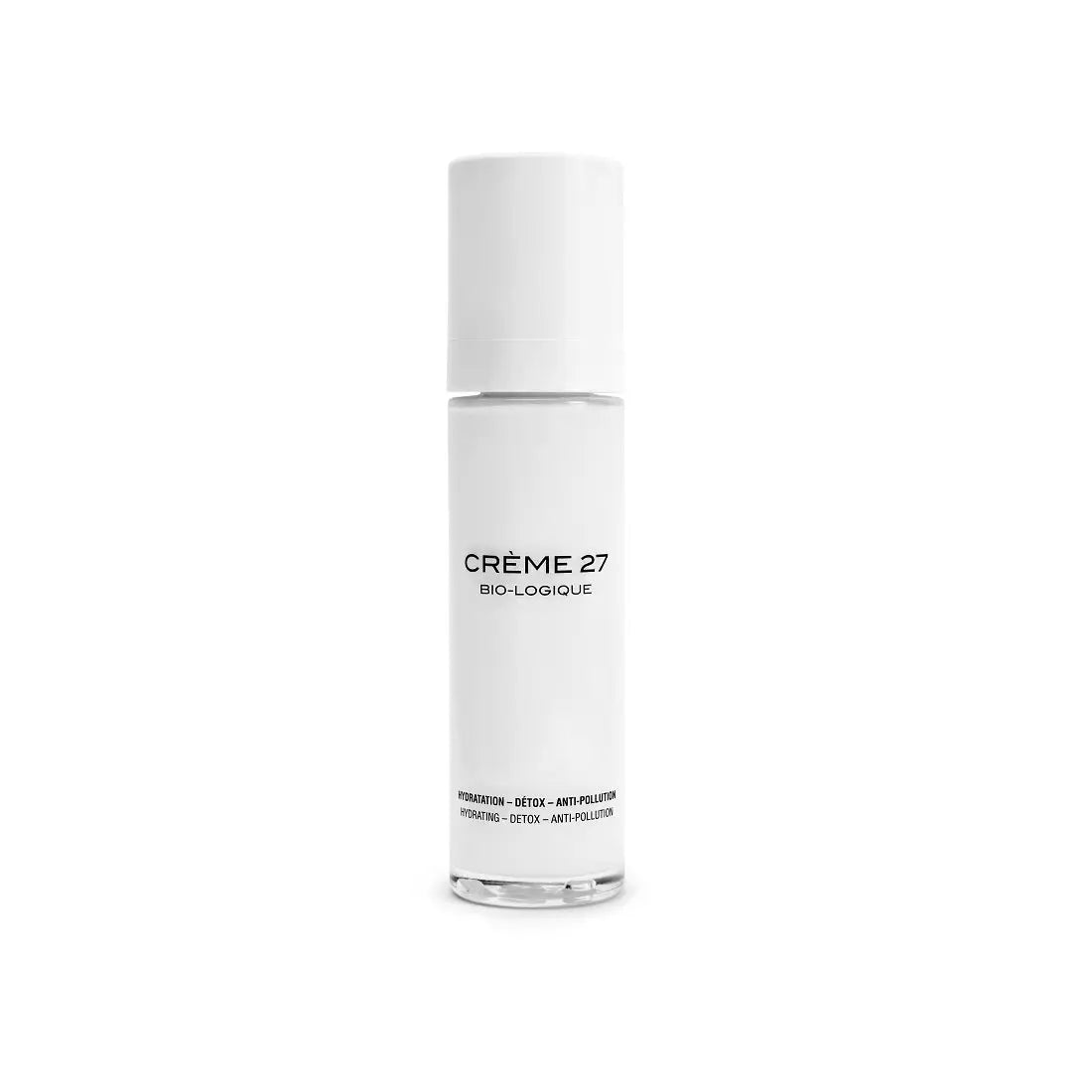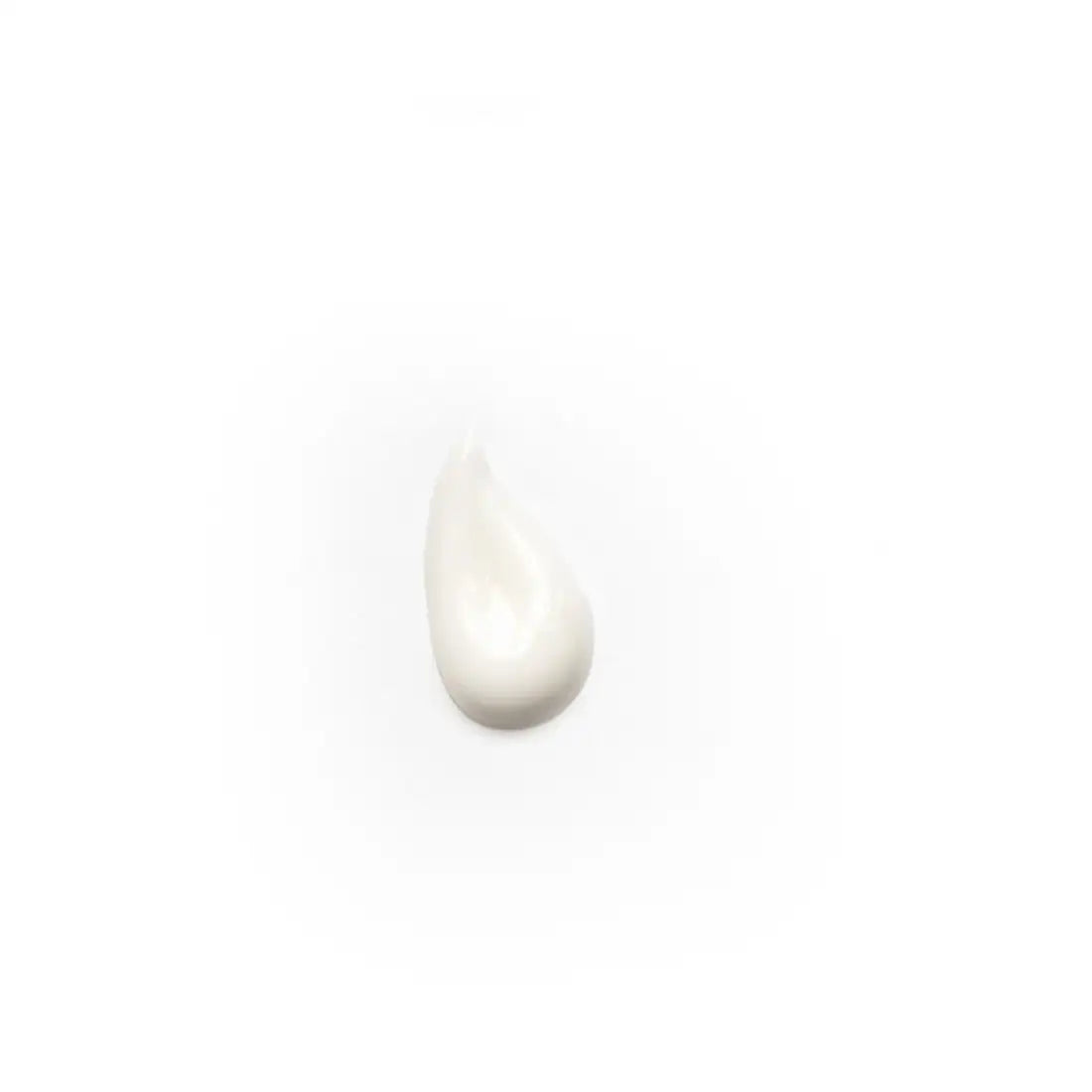The Cosmetics27 Intense Hydration skincare routine is designed specifically for those with dry to dehydrated skin that feels uncomfortable, stings during the day, and lacks radiance. If you want to achieve a hydrated, glowing complexion, this routine may be the solution.
To hydrate skin, it is important to first understand the role of natural skin barrier. The skin barrier is a protective layer that helps to keep moisture in and irritants out. To maintain a healthy skin barrier, you should be sure to drink plenty of water and use moisturizers that are designed to help repair and strengthen the barrier.
The Intense Hydration routine consists of a three-step process that includes cleansing, moisturizing, and protecting the skin. Follow these steps to nourish, revitalize and hydrate skin, leaving it glowing, healthy, and radiant.
Other Cosmetics 27 routines:



